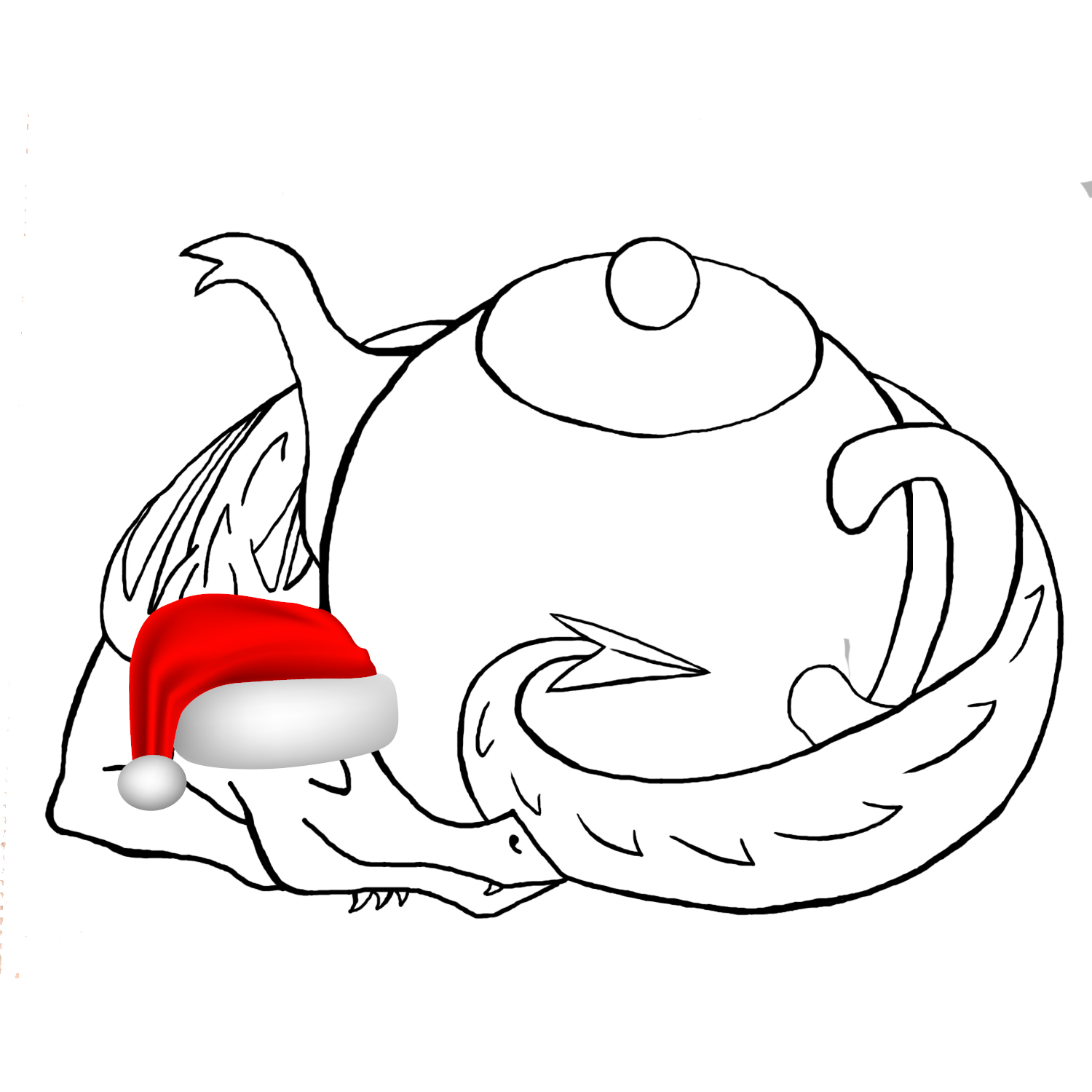Do I Need Talent to Be a Writer?
Opinions about writing can flit between two extremes:
Wow, she wrote a book, she’s so talented!
Who cares if he wrote a book, anyone and their dog can do that.
Authors are praised by some for their talent in the art of storytelling, while at the same time being dismissed by others for writing a book — something they believe anyone can do. These are two very different takes on the matter, opposite ends of a spectrum.
A writer with a healthy degree of self-doubt will, at times, ponder one or both of these questions:
- What if I don’t have the talent to write a good book?
- Everybody and their dog is writing a book, why am I bothering? What makes me so special?
Enter the Great Talent Debate — and by that I don’t mean great talent but the great debate of talent. Most of us don’t have the time for philosophical conjecture on the origins, meaning, and potential non-existence of natural talent. We’re more concerned with the day to day slog and the big question that haunts so many of us: Do I need talent to be a writer? And if I do, how do I know I’ve got it?
THE TRUTH ABOUT TALENT
I have a sweet friend who feels very passionately about the subject, and I suffered under an art teacher that had an equal and opposing theory. My sweet friend is an accomplished musician and argues against the existence of talent.
Talent n. 1a: a special often athletic, creative, or artistic aptitude
b: general intelligence or mental power
2: the natural endowments of a person
My friend argues that there is no such thing as talent, only hard work. In her mind, anyone can learn to sing and play instruments well if they would only work at it. There is partial truth in what she says.
On the other hand, my art teacher believed in talent but seemed to despair of it. He believed that people are born with (or without) natural talent and that talent grows and develops to a certain point then it simply plateaus and that’s as good as it gets. There was partial truth in what he said too.
Talent is a varied reality. Everyone is born with gifts of some kind but the focus is different for different people. Some excel in sports, some in the arts, some in engineering, some in origami, and some in brewing the perfect cup of tea. Yet some have more talent than others, even though their talent lies in the same area.
When it comes to writing, not all writers have that natural aptitude towards the craft. It can make little difference in the end.
Talent is enviable but it is not the be all and end all of making it in writing (or any area). The truth is that talent is merely a springboard to greatness. It gives those endowed with it a head start over others, but talent alone cannot carry anyone to greatness.
What my art teacher said was true, talent seems to plateau eventually. You attain a certain level of skill beyond which your natural aptitude can carry you no further. At this point, you have two choices: you can either idle along, never growing any better but not getting any worse, or you can adopt my sweet friend’s philosophy that hard work makes a difference.
Talent gives a writer a head start. It can help you to learn and grow faster than some of the others around you, but it’s little good if it’s not coupled with hard work.
I’ve seen it before and I’m certain I will see it plenty more times: talented people who do not work, though they start ahead of the pack, can be overtaken by an untalented person, so long as the untalented person persistently works hard.
Talent is a blessing on those to whom it has been given. It can prove a helpful head start, and can make the learning process a little less frustrating and painful. Do you yourself have it? That’s a question I can’t answer, but I can tell you that it doesn’t matter all that much. There is a secret ingredient which is equally (if not more) important in attaining that dream of becoming a published author.
HARD WORK
You see, my sweet friend was right when she said that it is hard work that carries us far. Granted, there are those for whom even hard work won’t make a difference (think of someone who is tone deaf trying to learn to sing) but, for most of us, hard work and perseverance will enable us to at least become proficient.
Talent does appear to plateau eventually, but that doesn’t mean that a person’s ability has to fizzle with it. Combining that natural affinity with a good dose of elbow grease can carry you even further. It’s important to remember that despite the fact talent gives a person something of a head start, hard work is the slow, steady winning of the race. This is a marathon, there’s time to catch up.
Though it can be difficult not to be envious of those who seem to find the whole writing and publishing process a breeze (and difficult not to throttle those who squander their talent), it’s important to remember that ‘by perseverance, the snail entered the ark.’ It may well be a long, slow process, but when you see your book there on the shelf with your name blazoned up the side, you will see that every reluctant word, all the time and tears, have paid off.
If you are willing to work hard, you can become a good writer — even an excellent writer — without being naturally talented. Books take a long time and a lot of patience to write. They bleed the inky life out of us. Anyone can try to write a book, many people manage to scratch out a first draft, but few ever polish a book to completion. Why? Because it’s so much effort. Even the most talented person in the world, if they won’t work hard, won’t get there.
SO WHAT ABOUT THE WHOLE TALENT THING?
Talent is real. It’s something all writers long for but not all writers have. Some even have it and don’t recognise it. But do you need talent to be a writer?
No.
There is a certain something about some writers that my English teacher called ‘fairy dust’. I wasn’t convinced it was a real thing back then, but the more I read now, the more I begin to understand. Some writers simply shine. There’s no real reason for it. They can use all the same words and phrases as someone without fairy dust and their writing still inexplicably enthralls us. That’s talent, but it is nothing without hard work.
Regardless of whether you were born with ink in your veins or whether you were captivated by this strange world later in life, if you work hard and always try to be growing and learning, you can do it. You can finish that book and, one day, become a published author.
YOUR TURN
- What are you gifted at?
- Do you think talent exists, or is all just hard work?





